Classes I teach
I teach a range of graduate and undergraduate creative writing and literature courses, including the MFA poetry workshop and Narrative Medicine: a core course for undergraduates earning their Medical Humanities Certificates that also draws a wonderful mix of majors from all over the university. I’m very passionate about arranging multigenre collaborations between SWLF and other schools, and I develop a number of those opportunities for my students every year.
My time with OSU
I started here in 2011 teaching only the MFA poetry workshop once a year; it was important to our family that I was home with our children at that time as much as possible, though as they got older I added more courses and responsibilities. In 2017, I created SWLF’s graduate internship program, and was hired as tenure-track poetry faculty in 2018. Just this spring, I was awarded promotion and tenure; I’m tremendously proud of this achievement that I’ve been working towards for thirteen years.
About my new book
My third collection of poetry, Dear Future, is a portrait of the ways we—as individuals, families, and communities—cycle through periods of shattering and healing. Initially inspired by the pairing of my surname and the impending massive earthquakes predicted for the Pacific Northwest, these poems use the language and imagery of seismology to approach the entwined subjects of family and the future. At the heart of the book is hope, and the beautiful and brave leap of faith we make each day, trusting everything will be okay.
Process for writing this book
The first poem I wrote for the collection was an erasure of Kathryn Schulz’s New Yorker article “The Really Big One” in 2015 that predicted devastating earthquakes for the Pacific Northwest. The rest of the poems were written in a seven-year period when our teenaged children were starting to look ahead to college and envision a life beyond us, and then leaving for the new homes they’d chosen. Their absence was a “Really Big One” I felt reverberating through my body; in the house our family’s lived in for over twenty years, I was startled and unsettled by the silence that remained in their wake.
This is the first collection for which I’ve done archival research, and that process was incredibly satisfying; I spent time in the Caltech archives with the personal papers of Charles Francis Richter, creator of the earthquake magnitude scale, and was delighted to find that he’d written his own poems!
My writing practice/routine
My brain feels most open to possibility in the morning, so I try to write then (though in my years of mothering young children, I learned to write any time I had a spare ten minutes—and that has served me well!). When I first sit down at my desk, I’ll read a poem or two—often one written by a dear friend or mentor—to launch me into mine.
Poets/writers who inspire me
This list is always changing, of course, but these are the poets who are on my desk right now:
Ada Limón
Ross Gay
Diane Seuss
Bruce Weigl
David Keplinger
When I feel stuck with a poem
I take a walk and let my subconscious keep chewing on it. I know I’m not the only one who’s found this helpful; studies have shown that the rhythm of putting one foot in front of the other can spark creativity and the growth of new brain cells. Whether or not he actually said it, I like this quote that’s attributed to Friedrich Nietzsche: “All truly great thoughts are conceived by walking.”
Advice for aspiring poets
Before my first book Threshold was chosen for publication, I’d sent the manuscript out (in different versions) for ten years, and it was a finalist in twenty-five book contests before it finally won. Be patient. Be persistent. You have something essential to say to the world—believe that.


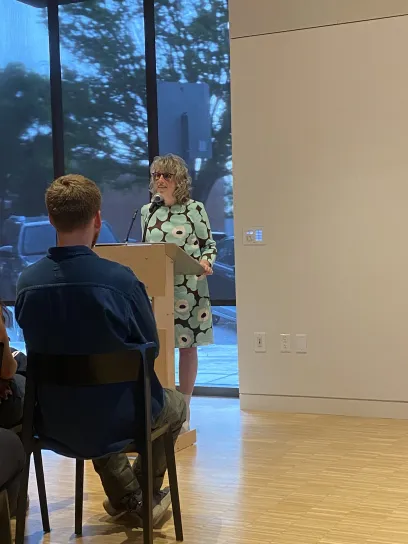
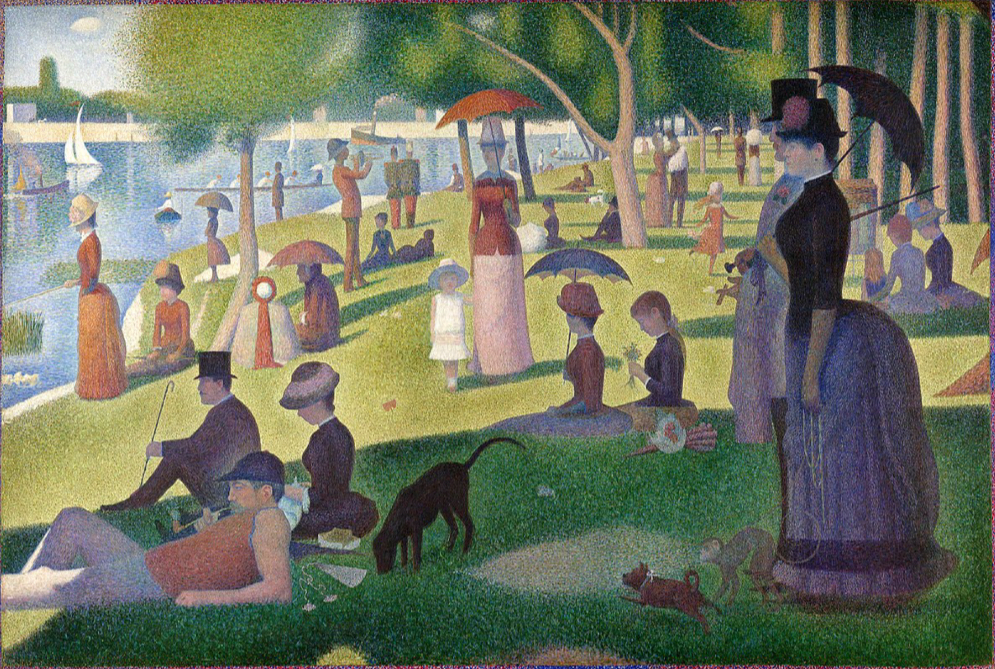
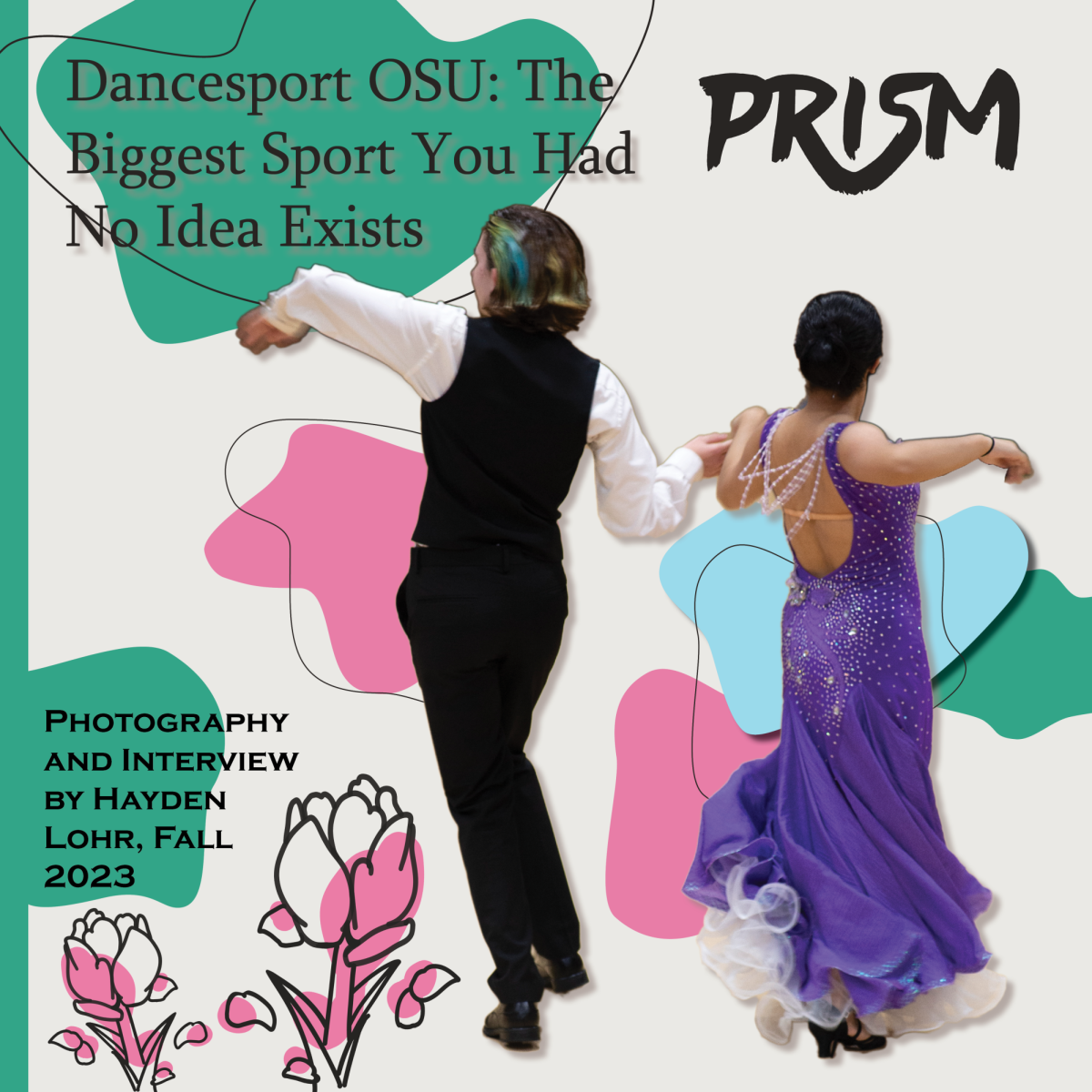
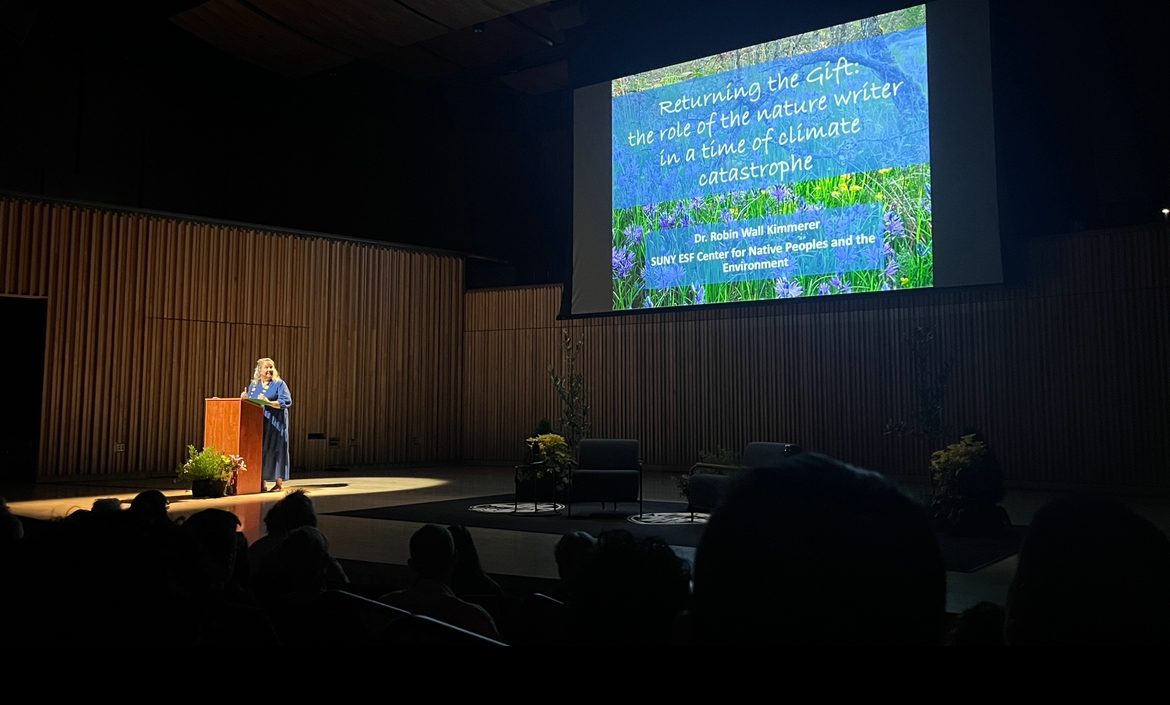
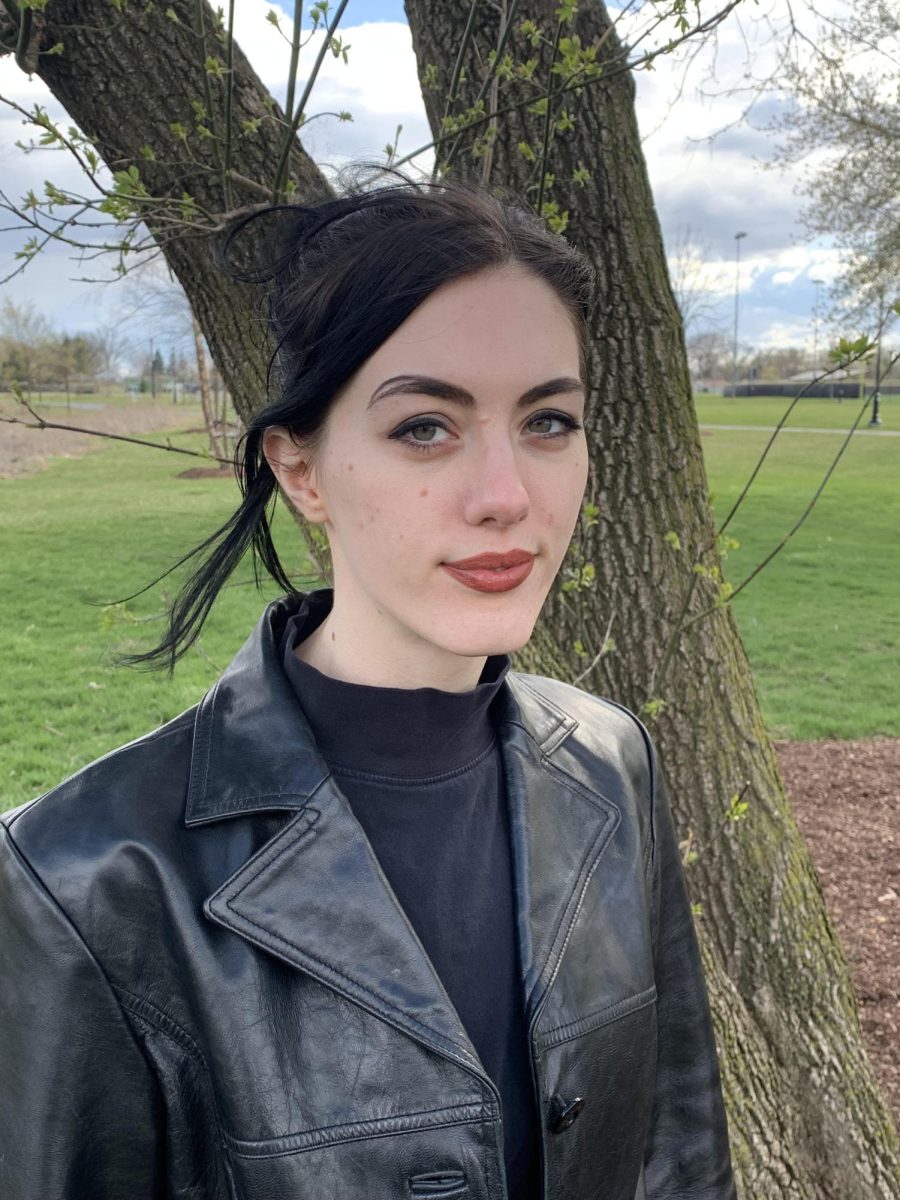
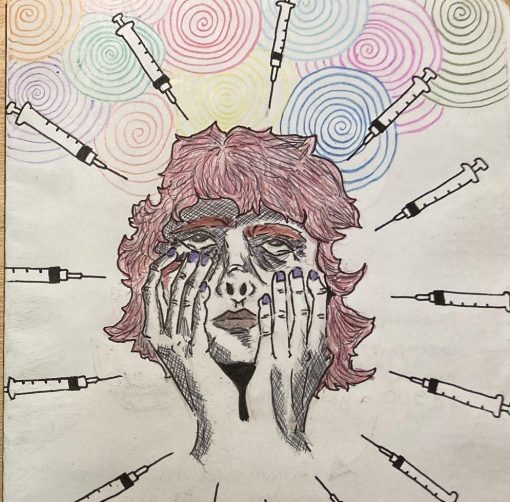

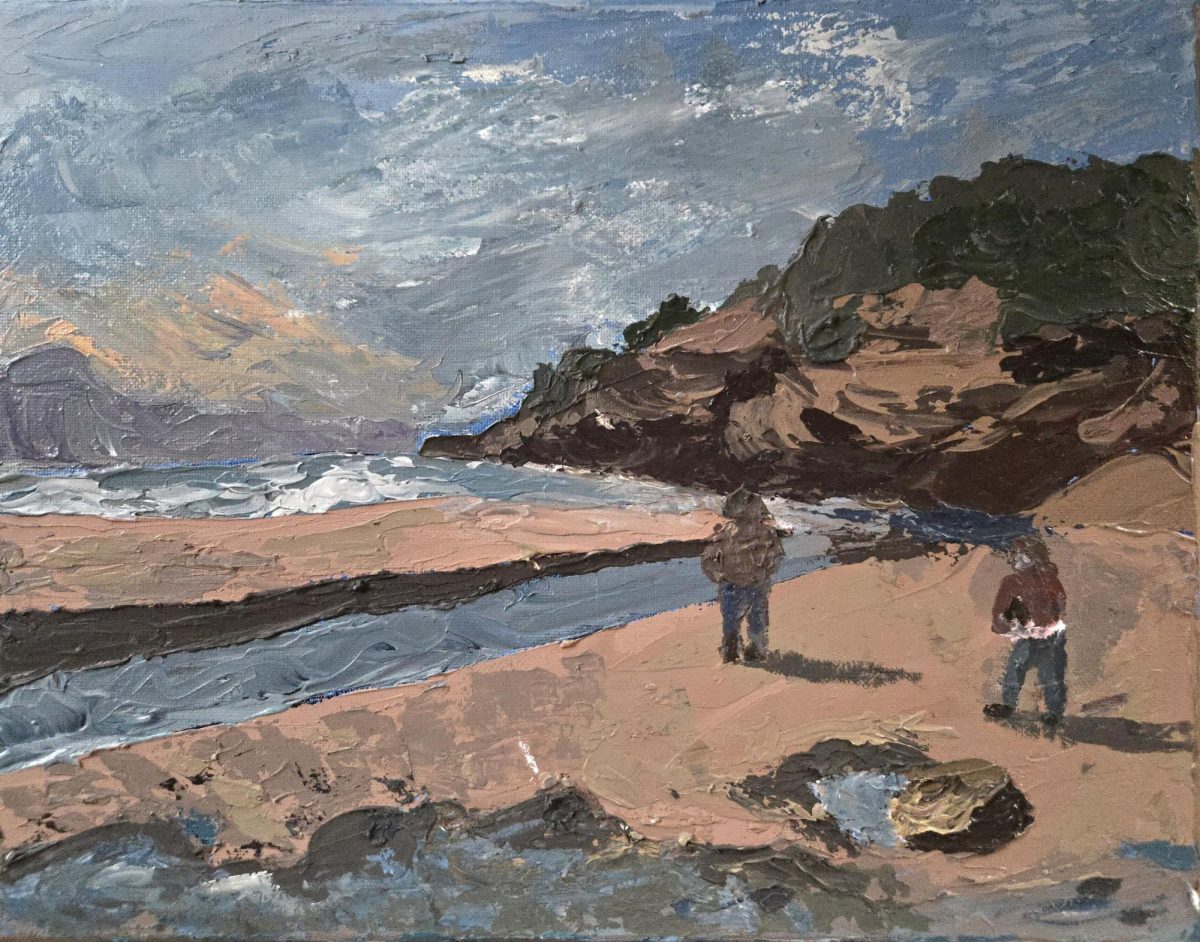
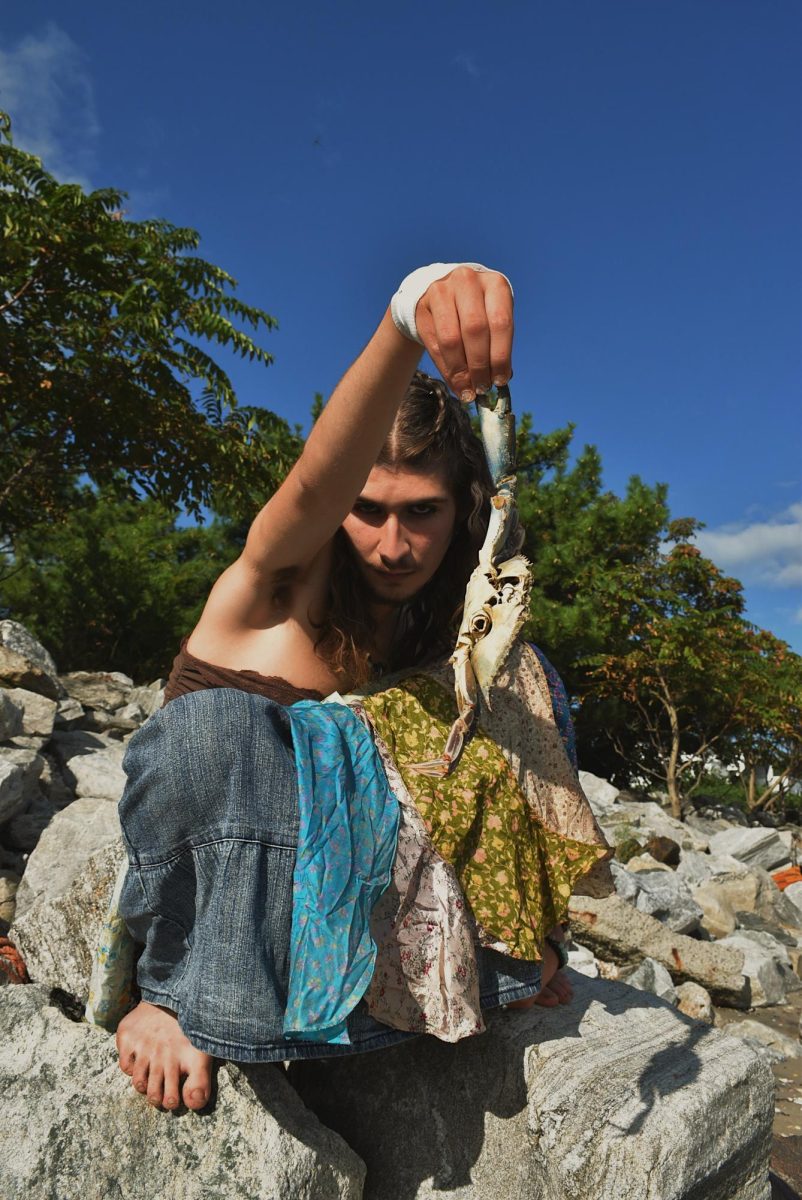
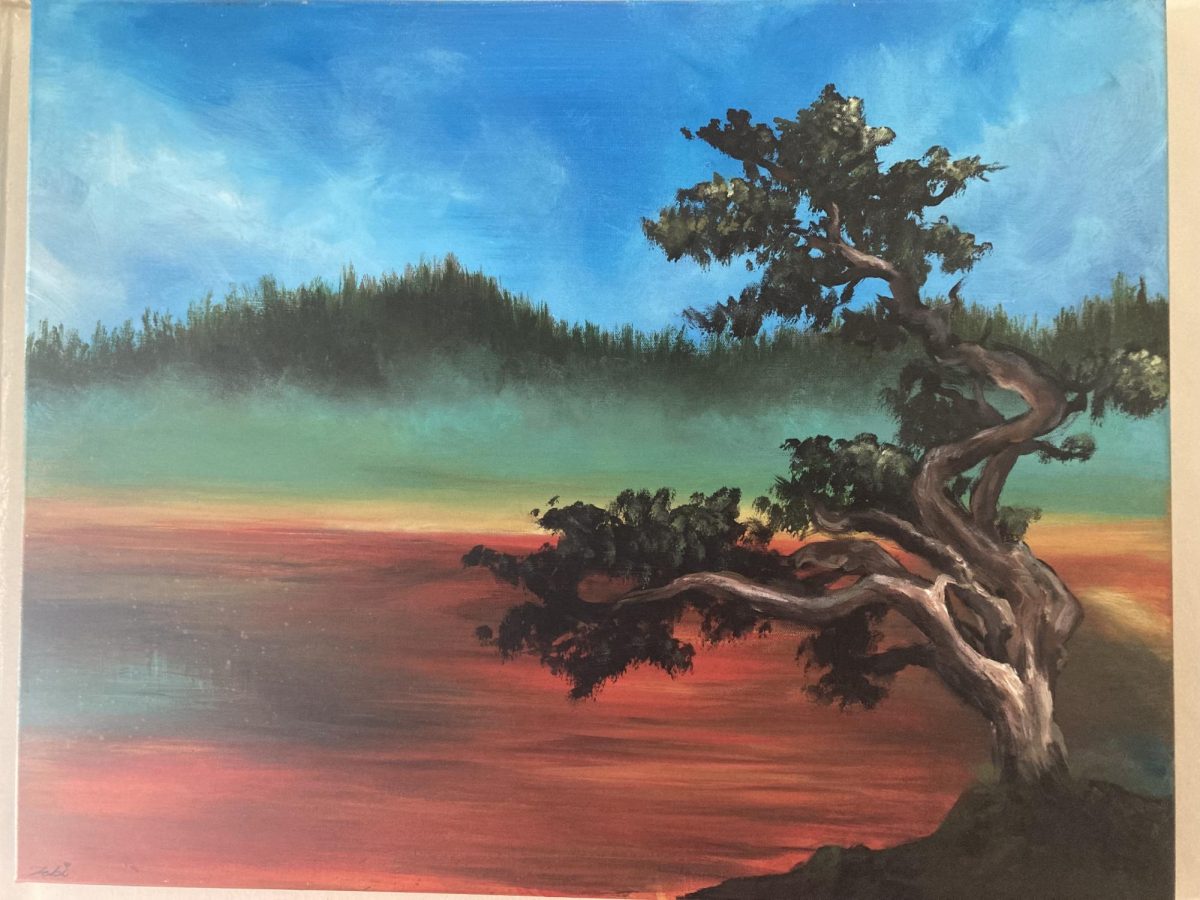
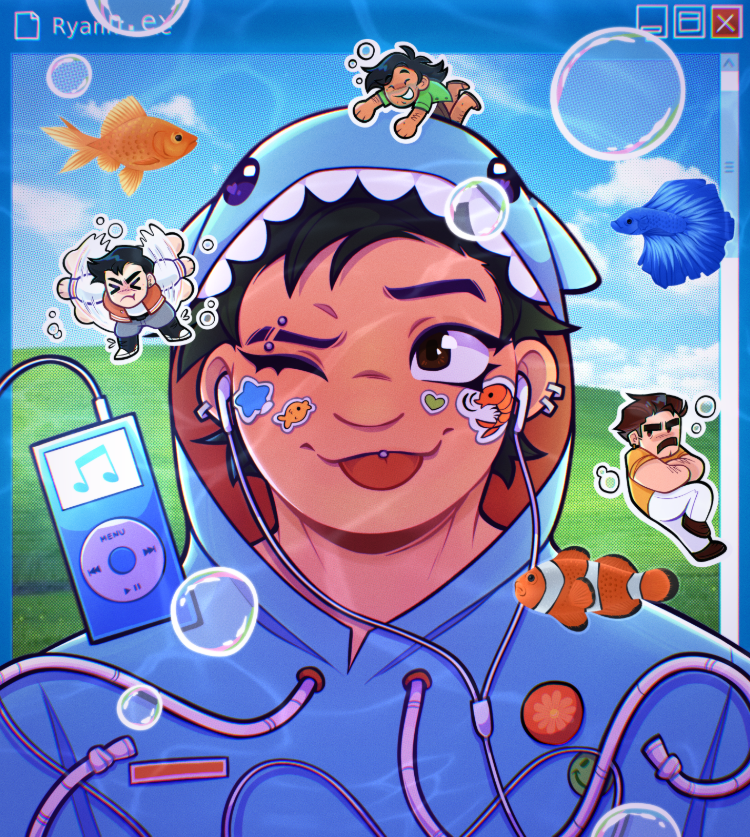
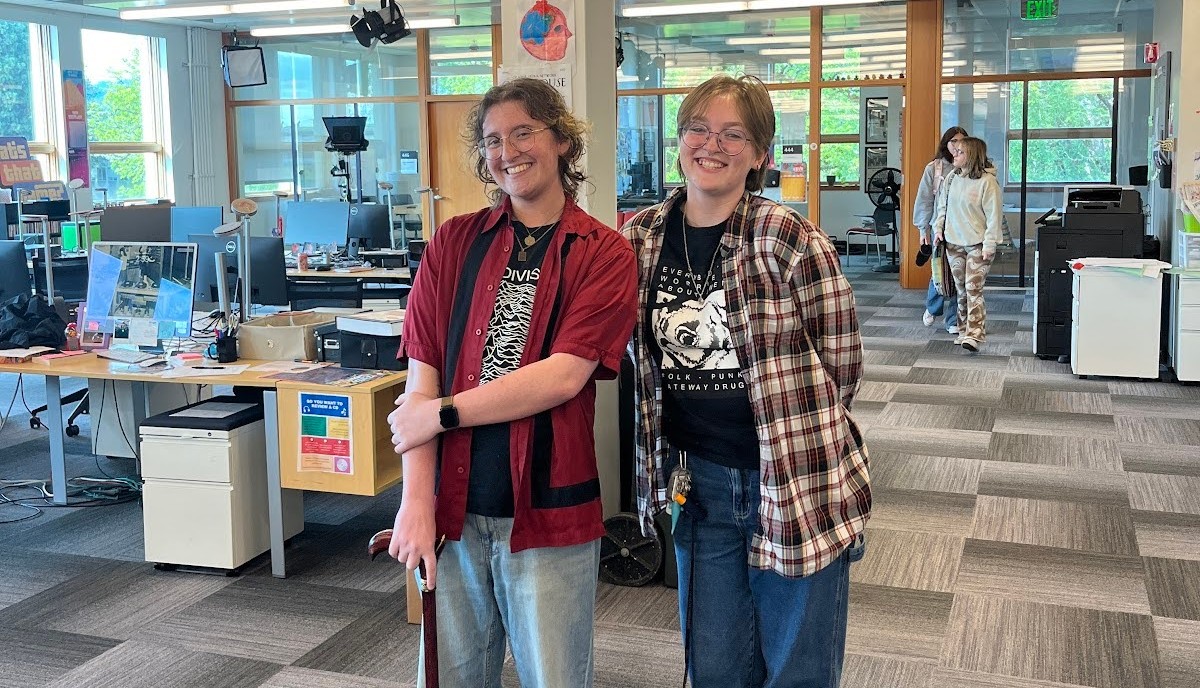
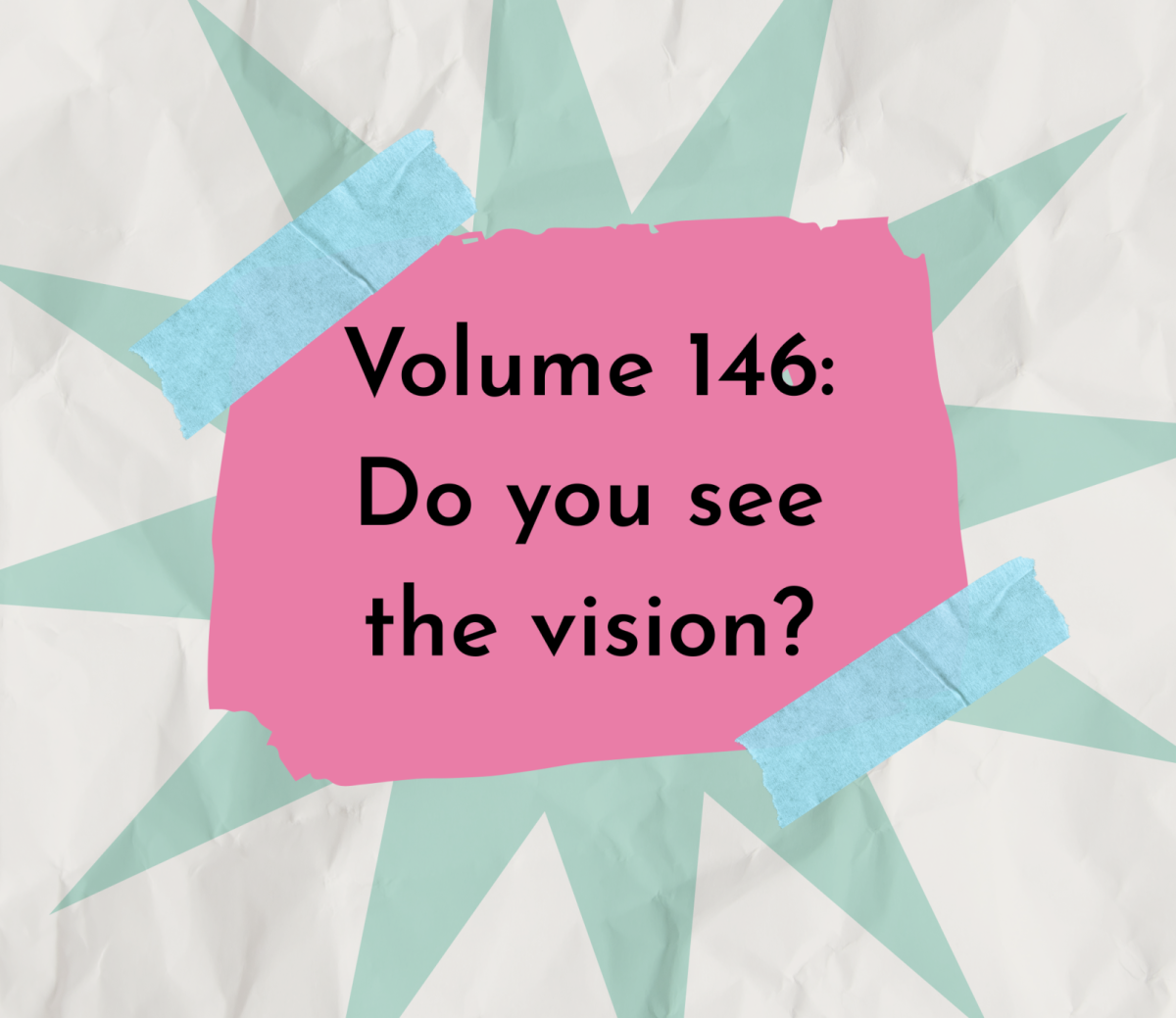




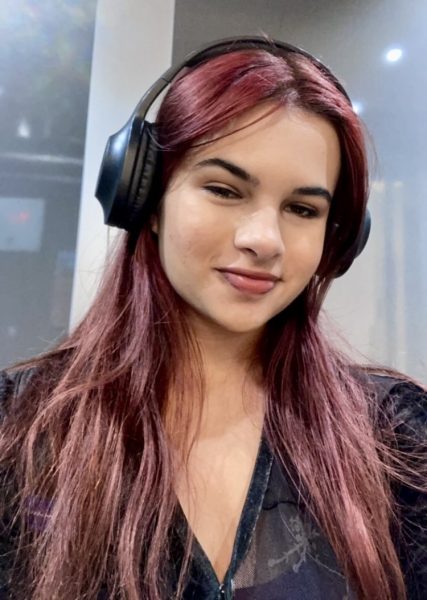
Alina Kroll • Jun 7, 2024 at 6:33 pm
Professor Richter is such a kind and generous person! I highly recommend taking her poetry classes and checking out her book if you have the opportunity to do so!